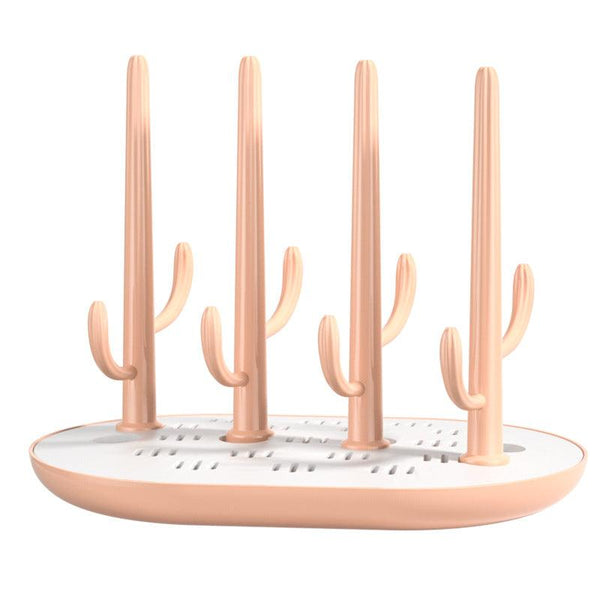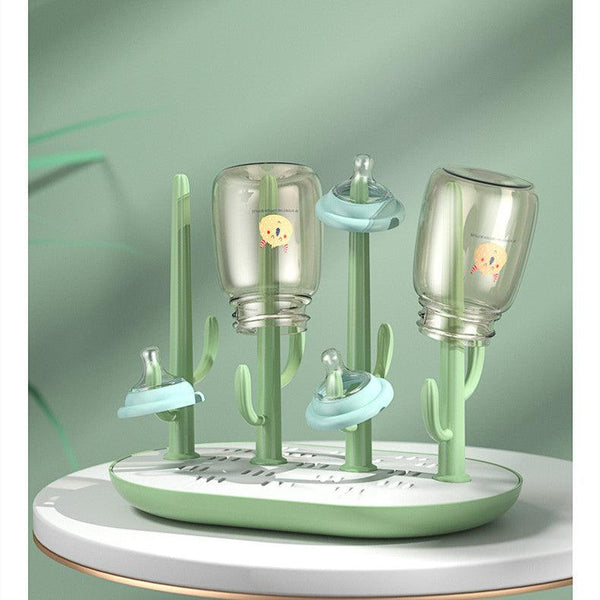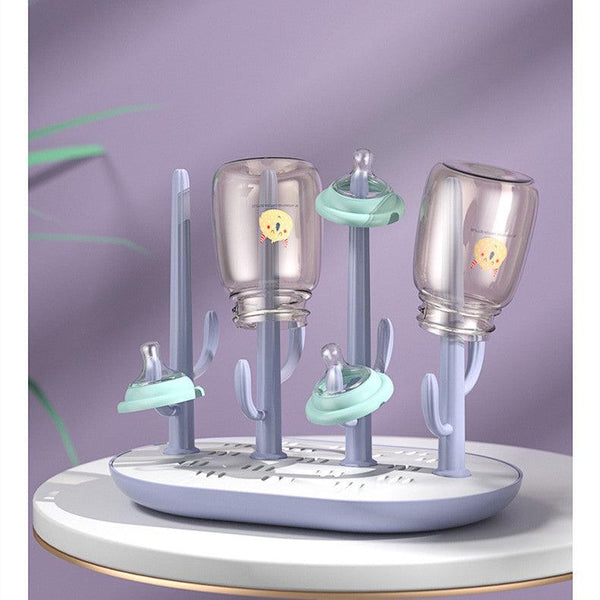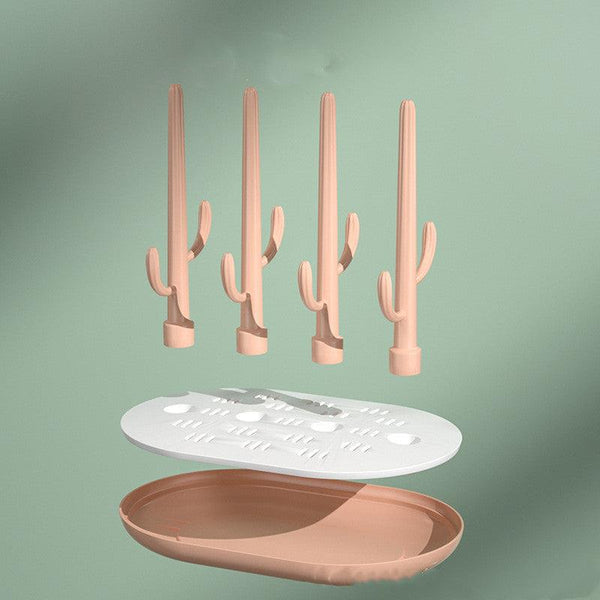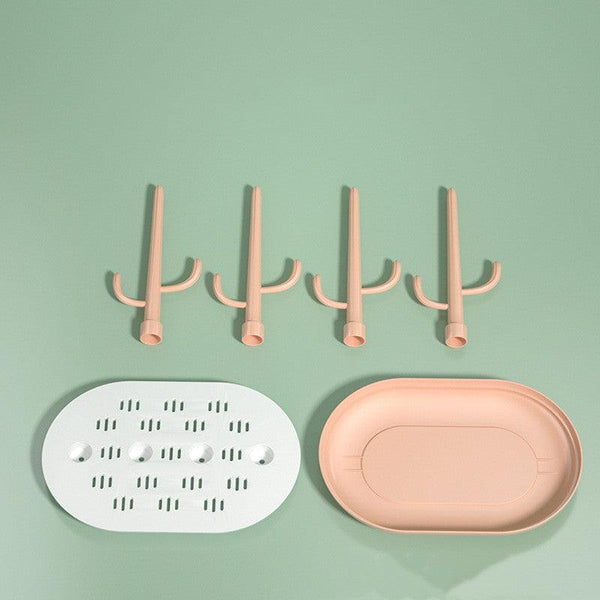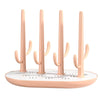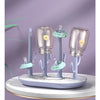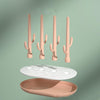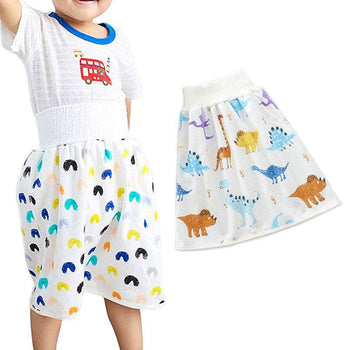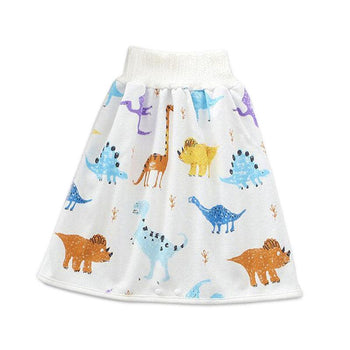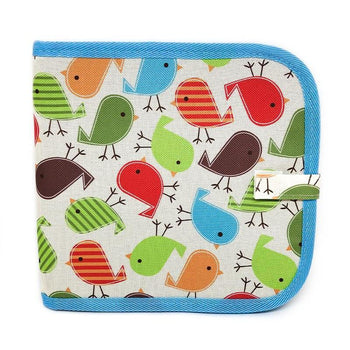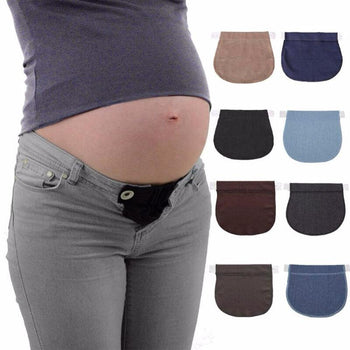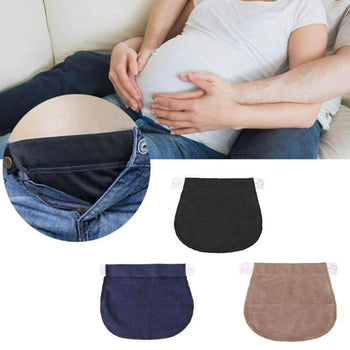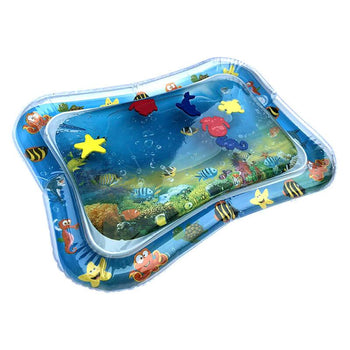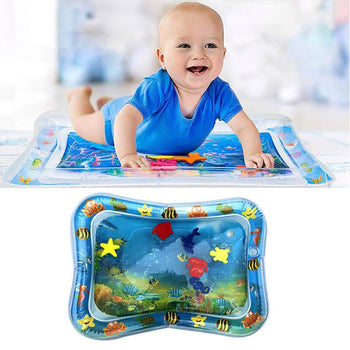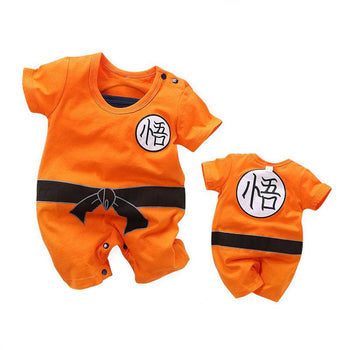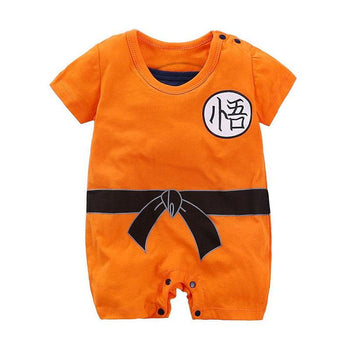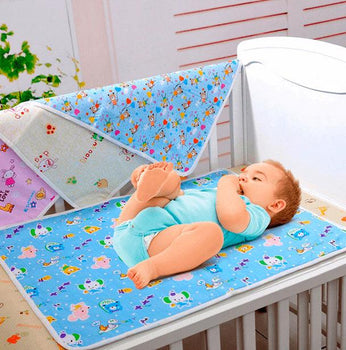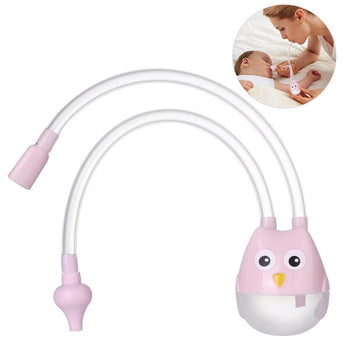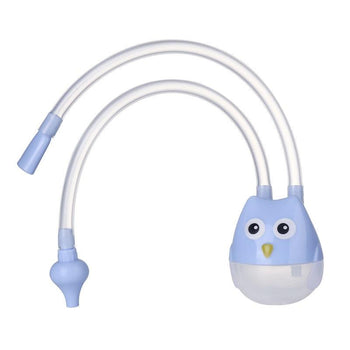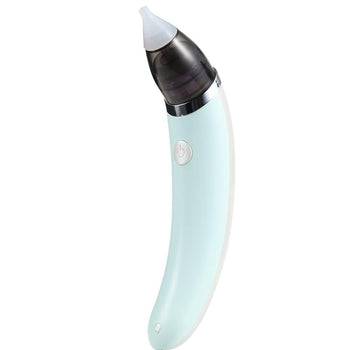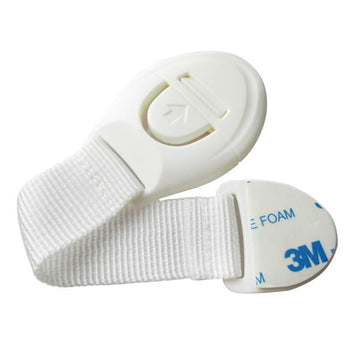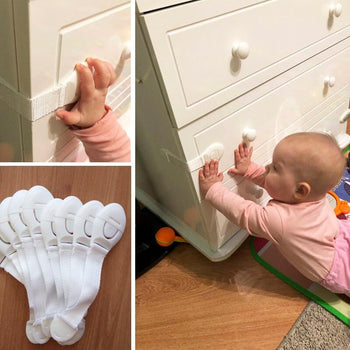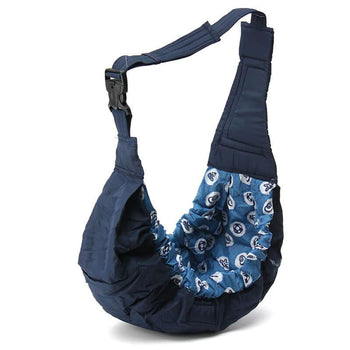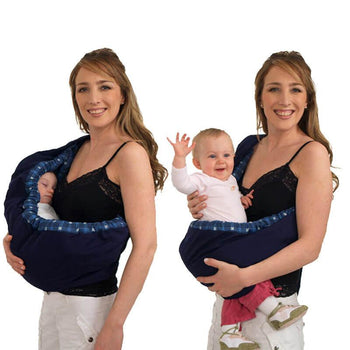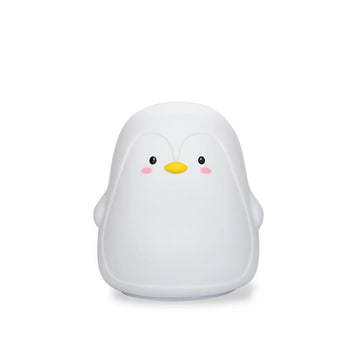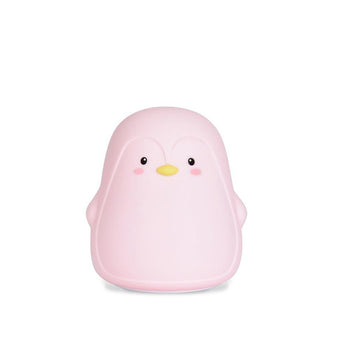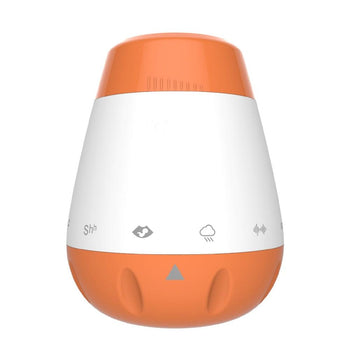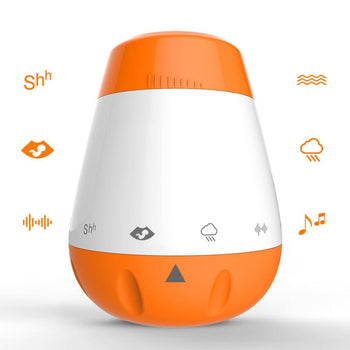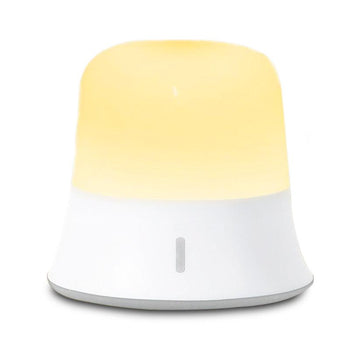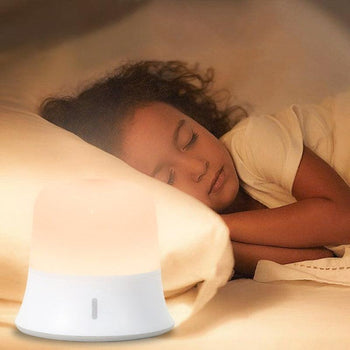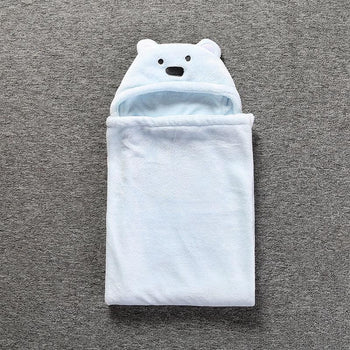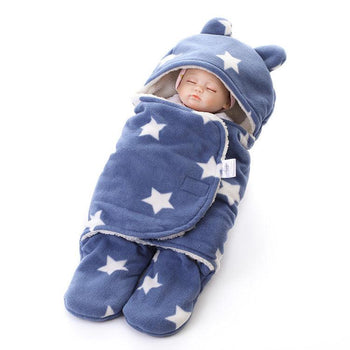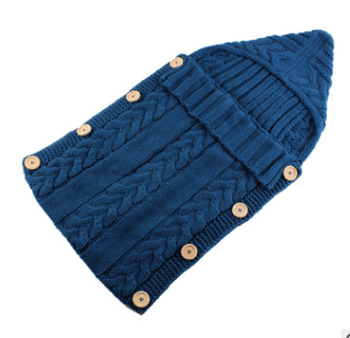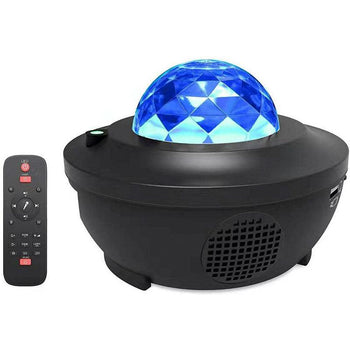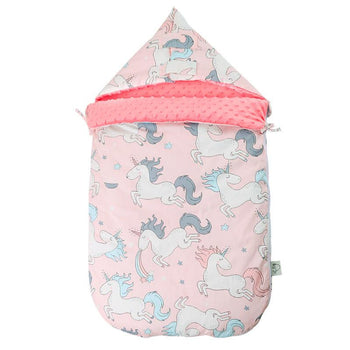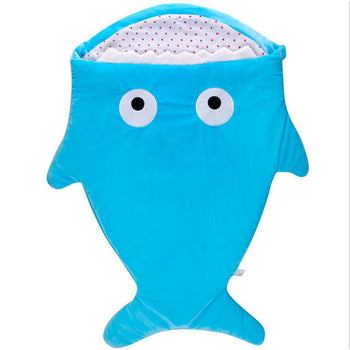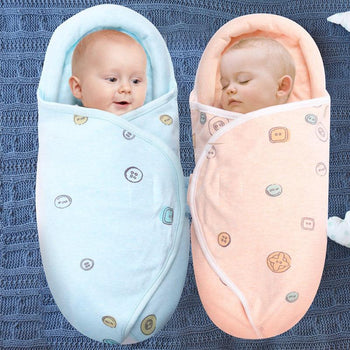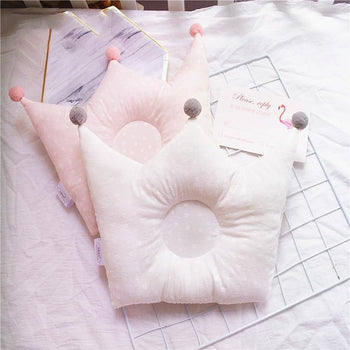We've written a lot about baby and toddler naps on this blog, so if you've been following our site for a while, you've been lucky enough to read lots of tips and information about baby and toddler naps. But, some of you are new moms or new to Mon Petit Ange and we strive to educate as best we can about the importance of good sleep and how to achieve it. !
Today, we're bringing you ten must-know facts about your baby or toddler's naps. Think of it as your "cheat sheet" for the nap. 😉
10 things to know about baby and toddler naps
1. The first nap of the day is the most important.
That's not to say other naps aren't just as important. But the first nap of the day tends to be the most restorative, to set the tone for the day, and it's usually the one that produces the best sleep for babies and toddlers.
2. How many naps for a one-year-old baby?
There seems to be a misconception that at one year old babies should suddenly go from two naps to one. And some will, no problem. But we're here to tell you that making the transition from two to one nap at 12 months isn't the norm for most babies. In fact, most babies aren't ready to switch to a daily nap until 15-18 months.
3. How many naps for a 6 month old baby?
Most 6-month-old babies aren't ready for just 2 naps a day; most still need 3 (or even 4) naps. Just as there is a common misconception that all 12 month old babies are ready to switch to one nap per day, there is also a common misconception that 6 month old babies are ready to switch to just 2 naps per day.
That's why we usually tell parents not to rush into trying to get their 6-month-old babies to take just 2 naps. This increases the chances that their 6-month-olds will be overtired, which affects their nighttime sleep. We've found that it's best to stick to a 3 nap (or even 4 nap) schedule and then gradually move to a 2 nap schedule around 8 months.
4. The number of naps between an infant and an 18 month old baby.
Your child's nap needs vary greatly between birth and 18 months of age. It is very good. It makes perfect sense if you think about it: newborns nap almost constantly during the day , whereas an 18-month-old only needs one nap. That's a lot of change in a relatively short period of time!
So how many naps does your baby or toddler need in their first 18 months of life? You can read this article for detailed information, but here is the short version:
- 1-3 MONTHS - 4 - 5 naps a day, depending on the length of his naps and how long he can stand between naps.
- 3-4 MONTHS - 4 naps.
- 5-8 MONTHS - probably 3 naps (but some will need 4 naps until around 7 months). Some babies will only take 2 naps at a very young age, but these naps are usually long.
- 9-15 MONTHS - 2 naps. Some babies will transition to a single nap at 12 months, but this is not common.
- 15-18 MONTHS - 1 to 2 naps. The transition from 2 naps to 1 nap usually occurs during this time.
- 18 MONTHS - 4 YEARS - 1 nap. The age of transition for all naps varies widely, from 2 to 5 years and up, but the average age is between 3 and 4 years.
5. Baby's daytime nap.
If your baby or toddler sleeps well at night, that doesn't necessarily mean they'll take a good nap during the day. Remember that a nap is different from a night's sleep. The siesta takes place during the day, when the sun is up. Such external factors can prevent a baby or toddler from having a good nap. And many families find it difficult to maintain a regular daily nap routine because life tends to get in the way! This too can make it harder for a baby to take a regular nap.
At night, on the other hand, it's darker, quieter (in general) and everyone is (in general) at home. This at least partly explains why many babies and toddlers who sleep well at night have trouble napping.
6. Baby's "on the move" naps
"On the move" naps aren't as restorative as naps at home in bed. It may come as a surprise, but it's true: "moving" naps (in a car, for example, or in a stroller or cart) aren't as restorative as naps that are taken on a non-moving surface (like a bed). On the one hand, they are not as long and, on the other hand, during an "on the move" nap, your baby or child's sleep will not be as deep .
The occasional nap on the move is no problem, of course; sometimes you just can't help it. But if the majority of your baby or toddler's naps happen in the car or in a stroller, you may need to rethink your habits and schedule.
7. My baby is taking too many naps.
Yes, we are aware that this particular "problem" does not affect most of you. 😉 But it's true; some babies and toddlers nap too much, and it negatively affects their nighttime sleep.
How do you know if your child is taking too many naps? You can check out this article for more details, but here's a quick analysis:
- Infant stage (birth - 4 months) - newborns will sleep 14-18 hours in total during the day. To maximize nighttime sleep, limit naps to two hours and try to keep your baby awake for 30 minutes between naps. (If you need help with your newborn's sleep, check out our newborn e-book).
- Baby stage (4-12 months) - babies need 13-15 hours of sleep in total during the day. 2-4 of those hours should be naps (depending on how much sleep your baby gets at night).
- Toddler stage (12 months - 3 or 4 years) - 1-3 hours of naps in total is considered normal and healthy.
8. Baby nap transition periods.
Learn about typical nap transition times and how to manage them. Changes in the number of naps are likely to occur at the following times:
- 3 - 4 Months - baby goes from 5 to 4 naps.
- 5 - 6 Months - baby goes from 4 to 3 naps.
- 8 - 9 Months - baby goes from 3 naps to 2 naps.
- 15 - 18 Months - baby goes from 2 naps to 1 nap.
9. Baby doesn't want to sleep
If the nap doesn't happen, know when to give up and try again later. Don't waste too much time trying to get him to take a nap. There's no point in spending three hours trying to force him for an afternoon nap, by this point you'll probably be closer to bedtime than nap time!
10. Baby is done with naps, now for "rest time".
When your child is finally done with naps, consider replacing nap time with "rest time". It's always a bit sad when your child finishes taking naps. Gone are the quiet hours when mom or dad could work, catch up or take a nap themselves! However, the end of the nap doesn't have to mean the end of your afternoon peace. Just replace the nap with a rest period.
BONUS NAP TIP :
We love you so much we're giving you free advice! This one is about little naps, an all-too-common problem for parents in our community.
The fact is, short naps are normal for newborns and young babies, but by around 6 months of age, most babies are able to take longer naps. Want to know why short naps happen and how to fix the problem? Check out this article on short naps for babies.
I hope this article has answered some of your questions.
Do you want your baby to sleep through the night?
In this free guide , you'll discover 5 things you absolutely need to know.
With a unique approach and practical tools for success, this guide will help you and your baby sleep better through the night.




